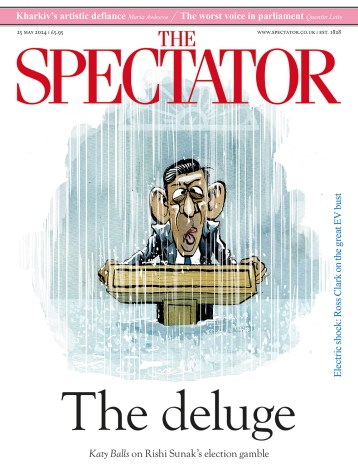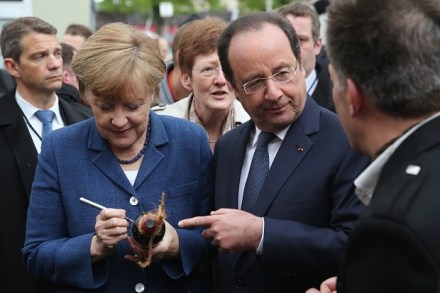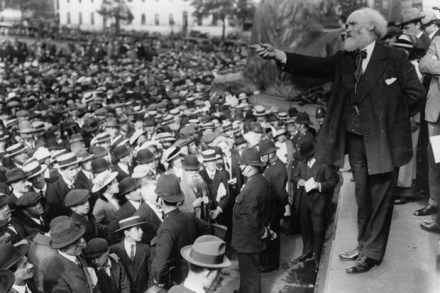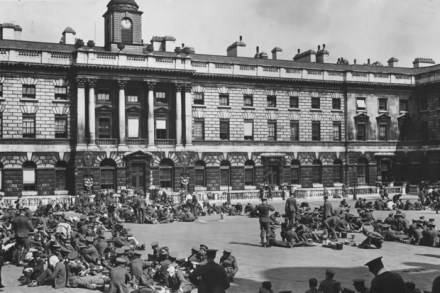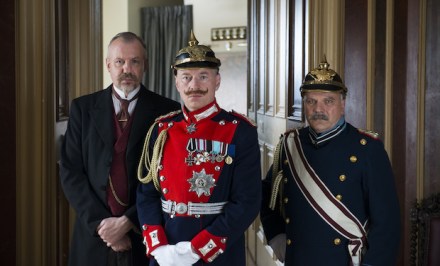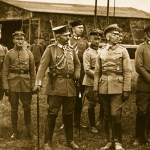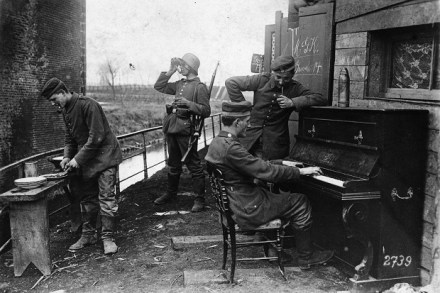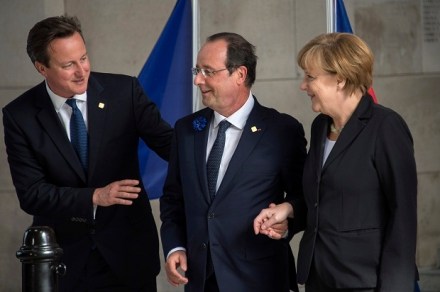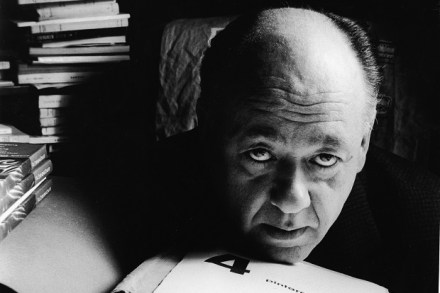‘I like vanished things’: Anselm Kiefer on art, alchemy and his childhood
At the entrance to Anselm Kiefer’s forthcoming exhibition at the Royal Academy visitors will encounter a typically paradoxical Kiefer object: a giant pile of lead books, sprouting wings. When I asked Kiefer to explain this strange object, he immediately — and characteristically — began talking about alchemy. Lead, of course, was the material from which alchemists hoped to make gold. ‘But at the beginning,’ Kiefer explained, ‘it wasn’t just a materialistic idea, it was a spiritual one: to transform matter into a higher spiritual state.’ So, I suggested, in a way all art is alchemy: transforming one substance — paint and canvas, for example — into something else entirely. ‘Yes,


